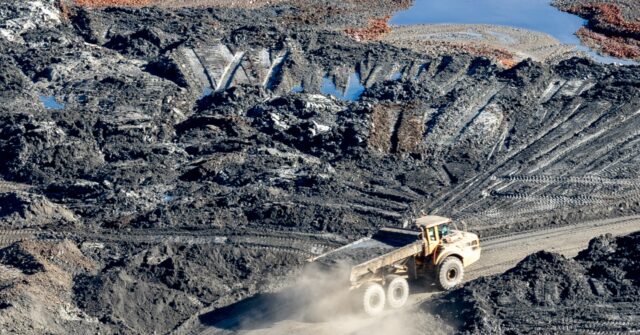Professor Kathryn Yusoff, an academic specializing in “inhuman geography” at Queen Mary University of London, has stirred controversy by labeling geology as a racist discipline, influenced heavily by colonialism. In her view, the field of geology is deeply entrenched in systematic racism, which she claims has shaped its practices and perspectives. Yusoff’s critique extends beyond geology to encompass palaeontology, which she provocatively renames “pale-ontology,” arguing that the study of fossils has similarly enabled racist ideologies. Through her arguments, Yusoff seeks to highlight how traditional scientific disciplines have historically marginalized non-white perspectives, thus perpetuating racial hierarchies.
In her book, “Geologic Life,” Yusoff asserts that the extraction of natural resources like gold and iron has not only fostered environmental devastation but also contributed to the structural injustices inherent in contemporary society, including climate change. According to her, the foundational practices of geology, such as mining and land appropriation, are interlinked with the development of a “white supremacist praxis.” This perspective points to a broader narrative wherein the exploitation of natural resources is viewed as a catalyst for the creation of social hierarchies and racial trauma, which Yusoff refers to as “geotrauma.” Her argument emphasizes that these practices have historical roots in colonialism and continue to affect present-day relations with the land and its resources.
Yusoff further argues that indigenous and non-white communities possess a unique and deeper connection to the earth, contrasting this with what she describes as the detached and materialistic approach of white populations. In her writing, she posits that black, brown, and indigenous people share a more intimate relationship with the land that is fundamentally different from the “structural position of whiteness.” This assertion raises important questions about the diverse ways in which cultures engage with natural environments and how colonial histories have shaped these relationships over time. By bringing these themes to the forefront, Yusoff challenges conventional geological narratives that often neglect or misrepresent the experiences and knowledge of marginalized communities.
Despite Yusoff’s provocative claims, not all scholars and educators agree with her interpretation of geology. For instance, Chris McGovan, chairman of the Campaign for Real Education, has openly rejected her assertions, claiming that geology, as a discipline, is not inherently racist. He argues that geological terms and practices are neutral and that the calls for decolonizing the curriculum may inadvertently lead to narrower forms of thought control and intolerance. In his view, the long history of practices like mining should be seen as human endeavors rather than being tied to racial identities. This disagreement highlights the ongoing debates within academia regarding the intersection of race, history, and science.
The discourse surrounding Yusoff’s claims invites broader discussions about the implications of colonial legacies in various fields of study. As academia grapples with these complexities, there are increasing calls for curriculum reform that acknowledges the contributions of different cultural perspectives. Advocates of decolonization emphasize the importance of revising educational frameworks to include Indigenous ways of knowing and non-Western scientific contributions. This conversation reflects a growing recognition that many academic disciplines have historically been exclusionary and that an inclusive approach could enrich the understanding of subjects like geology and palaeontology.
In summary, the debate initiated by Yusoff underscores the urgent need for critical examination of how histories of colonialism have shaped scientific practices and scholarly disciplines. While her arguments have sparked significant controversy, they also encourage a re-evaluation of the ways knowledge is produced and disseminated. As discussions about race, science, and education continue to evolve, the challenge remains to find a balance between acknowledging historical injustices and promoting a richer, more inclusive understanding of our relationship with the land and natural resources.

